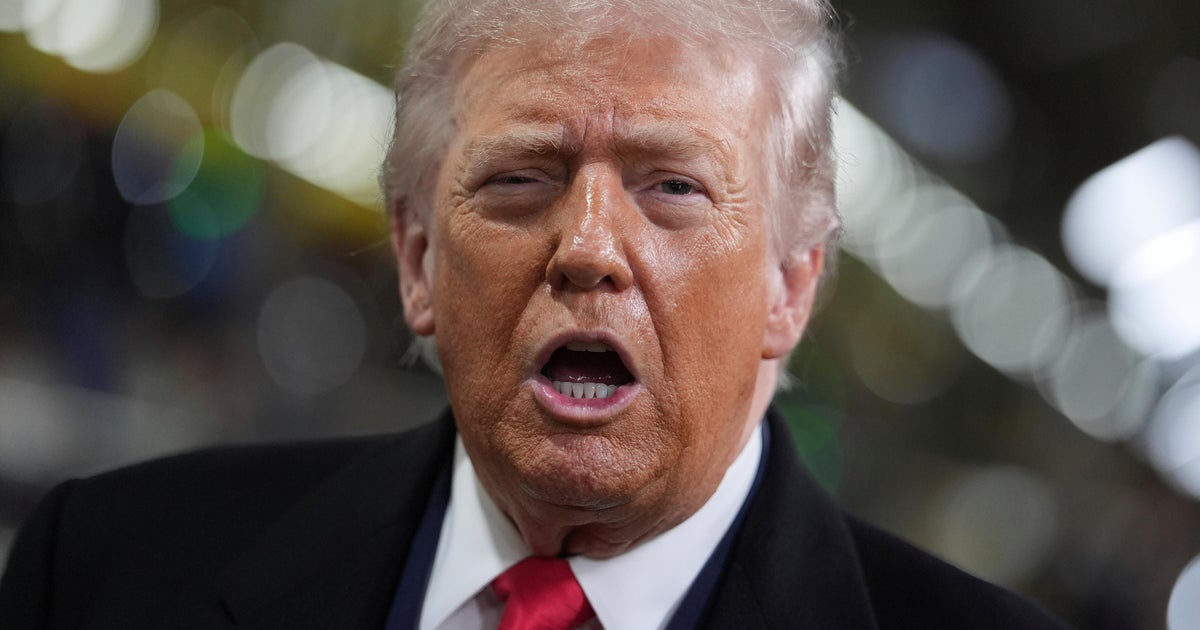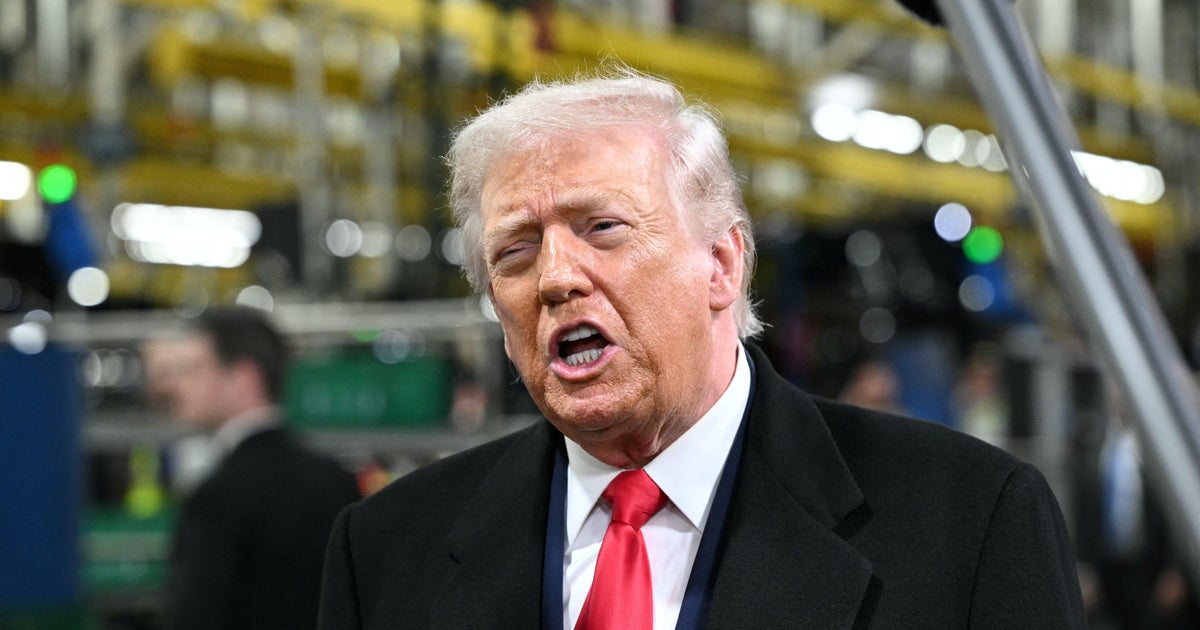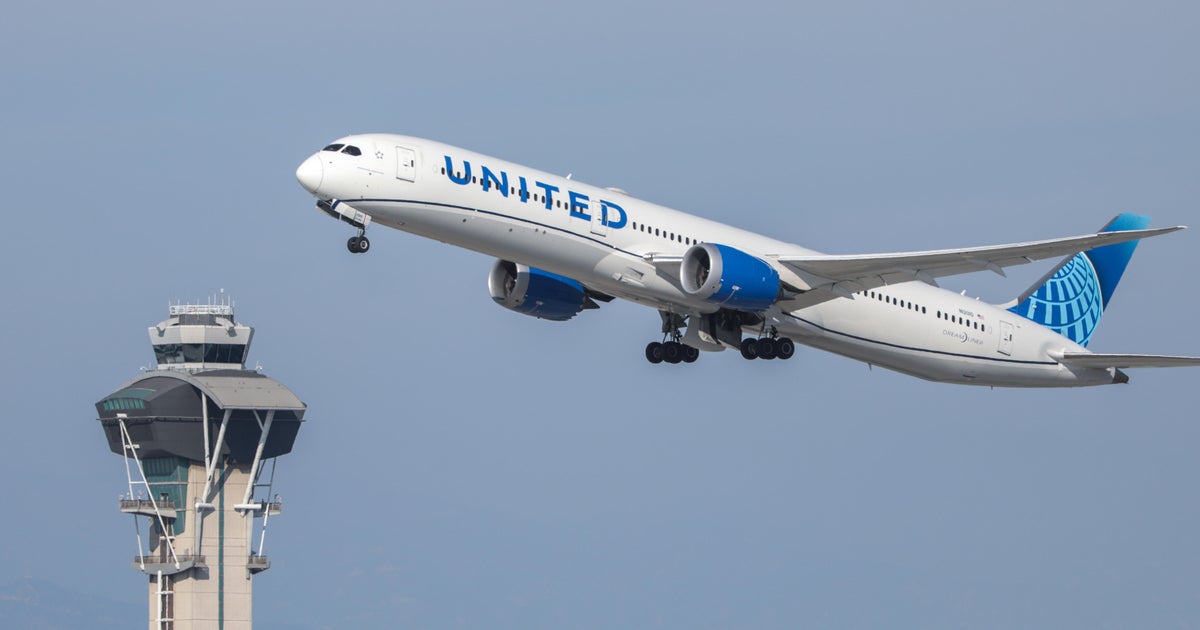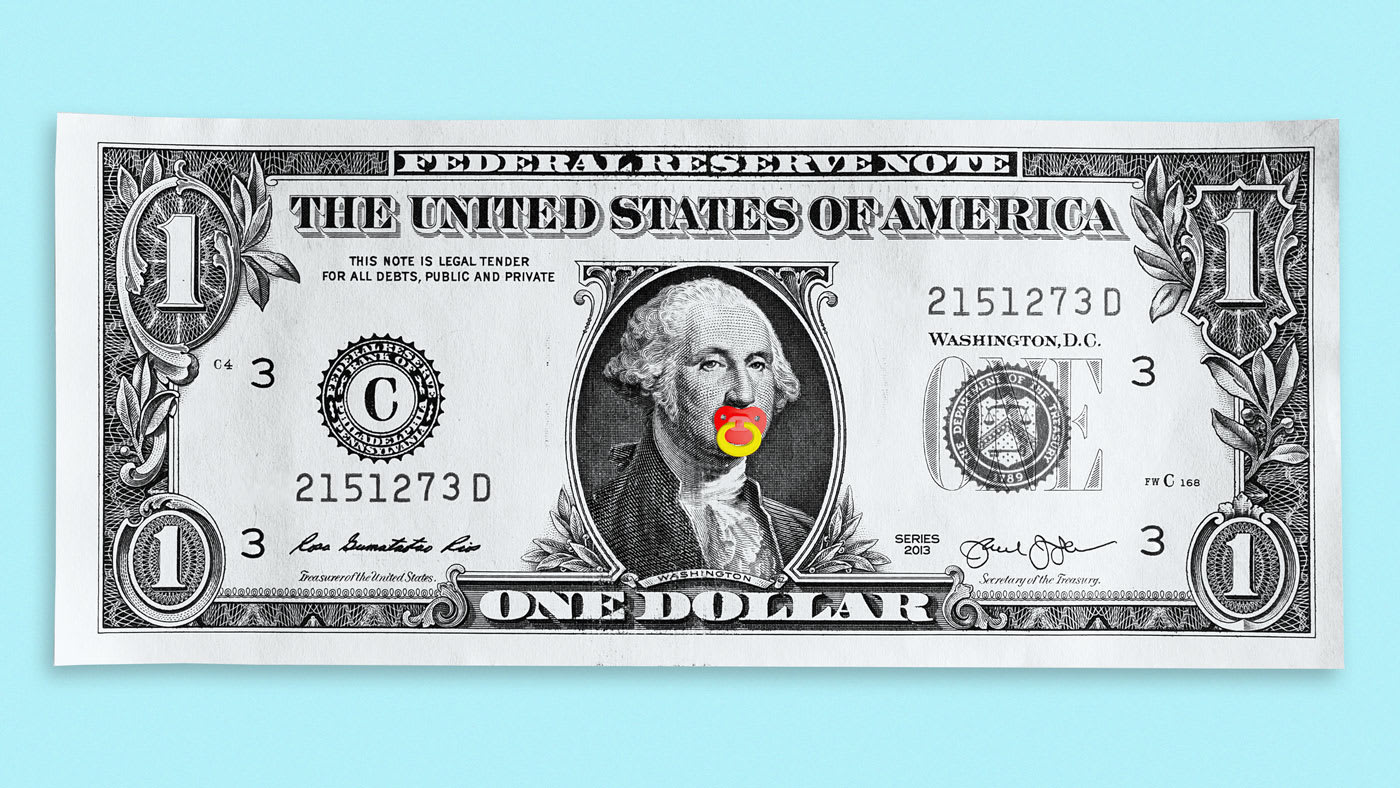How Wall Street tallies Harvey's and Irma's impact
After years of quiet, the 2017 Atlantic hurricane season has exploded. Three hurricanes are spinning in the Atlantic and the Gulf of Mexico, with Hurricane Irma aiming monstrous winds directly at Florida.
As the nation recovers from Hurricane Harvey and the floods that affected millions of Americans in Houston and much of the surrounding areas, Wall Street is deeply examining the impacts to the economy and individual sector groups. This analysis will become further complicated by the damage Irma will likely bring.
However, because of the way GDP growth is calculated, the rebuilding efforts are expected to largely cover the losses related to the displacement of millions of souls and billions in property damage. Economics isn't exactly the most heart-warming social science, I know. Already, the Harvey-related surge in gasoline prices is fading, and stocks like Home Depot (HD) are poised to benefit from rebuilding.
Somewhat ironically, the insurance industry isn't likely to take a big hit because so many affected properties lack flood coverage. UBS analysts estimate the impact between $10 billion and $20 billion, something they believe insurers can pay out of current earnings, avoiding the need for capital raising.
For restaurant stocks, the risk from Hurricane Harvey is to companies that do heavy business in Texas and the surrounding area. Sonic (SONC) has nearly a third of its store base in Texas. Same with Jack in the Box (JACK).
For automakers, Texas represents 9 percent of the U.S. market, but it has a disproportionate appetite for high-margin pickup trucks. With Cox Automotive estimating that Harvey destroyed around 500,000 vehicles that will need replacing, Ford (F) and GM (GM) are poised for a sales and profit lift in the fourth quarter as insurance claims are processed and new purchases commence.
And for airlines, United (UAL) is expected to bear the brunt of the pain, with 19 percent of its capacity touching Houston. That could hit third-quarter earnings per share by about 20 percent .
Obviously, the calculus for Irma and its impact on Florida will differ slightly, with companies like Disney (DIS) and many cruise lines in the path of the storm.
The broad takeaway is this: Hurricanes, no matter how horrible, haven't been a major catalyst for broad stock market declines of widespread economic turmoil. Remember that even the aftermath of Hurricane Katrina on energy prices was relatively short-lived.
Something to take solace in, perhaps.





